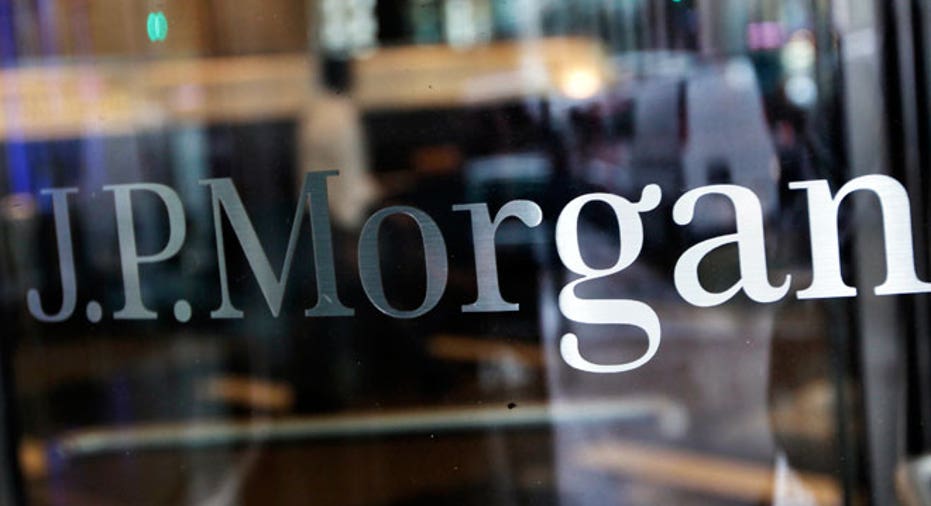J.P. Morgan Hires in China Draw SEC Attention

Opening up a new legal headache for J.P. Morgan Chase (NYSE:JPM), U.S. regulators are reportedly investigating whether or not the Wall Street heavyweight hired the children of influential Chinese officials to help win business there.
According to The New York Times, the Securities and Exchange Commission is probing the hiring of the son of a former Chinese banking regulator who is now the chairman of state-owned financial giant China Everbright Group as well as the hiring of the daughter of a Chinese railway official.
New York-based J.P. Morgan said it is “fully cooperating with regulators” on the matter, noting it publicly disclosed the issue in its 10-Q filing on August 7.
The SEC filing earlier this month disclosed that J.P. Morgan received a request from the SEC Division of Enforcement “seeking information and documents related to, among other matters, the firm’s employment of certain former employees in Hong Kong and its business relationships with certain clients.”
The SEC declined to comment on the report.
According to the Times, which cited a confidential U.S. government document, the SEC is seeking information about Tang Xiaoning, the son of Tang Shuangning, chairman of China Everbright Group.
After the hiring of the son, J.P. Morgan, which previously had done little business with the Chinese financial conglomerate, became a key client of China Everbright and was among the 12 banks that advised it on a $162 million initial public offering, the paper reported.
Likewise, regulators are investigating J.P. Morgan’s hiring of Zhang Xixi, the daughter of a Chinese railway official who was later detained on allegations of doling out government contracts in exchange for cash bribes, the Times reported.
At the time of the hiring, the China Railway Group was in the process of selecting J.P. Morgan to advise it on an IPO worth more than $5 billion in 2007. The SEC is calling on J.P. Morgan to disclose “all contracts or agreements between JPMorgan and the Ministry of Railways of the People’s Republic of China,” the paper said.
The government document does not directly link J.P. Morgan’s hiring practices to its ability to win business nor does it suggest the employees were unqualified, the Times reported, adding that the bank has not been accused of any wrongdoing.
It’s too early to say if the SEC probe will spark a criminal investigation from the Department of Justice.
Shares of J.P. Morgan fell 1.25% to $52.63 Monday morning, compared with a 0.18% gain on the S&P 500. The drop trimmed J.P. Morgan’s 2013 rally to just below 20%.
The SEC investigation is hardly the only probe of alleged misconduct by Western companies in China.
Last month, British drug giant GlaxoSmithKline (NYSE:GSK) said a few of its senior executives may have broken Chinese law amid allegations of bribing doctors and officials in an effort to juice sales. Chinese officials have accused GSK of shuffling as much as $489 million through some 700 travel agencies over the last six years.
For J.P. Morgan, the China probe represents one of several regulatory problems.
Last week, reports emerged that J.P. Morgan is facing significant fines from U.S. and British regulators tied to the “London Whale” trading scandal that has already cost the bank more than $6 billion. The possible fines come after the DOJ filed criminal charges last week against two former J.P. Morgan traders over their role in allegedly hiding the botched trading strategy.
Also, last month J.P. Morgan agreed to pay a record $410 million in penalties and repayments as part of an electricity-market manipulation settlement with the Federal Energy Regulatory Commission.



















